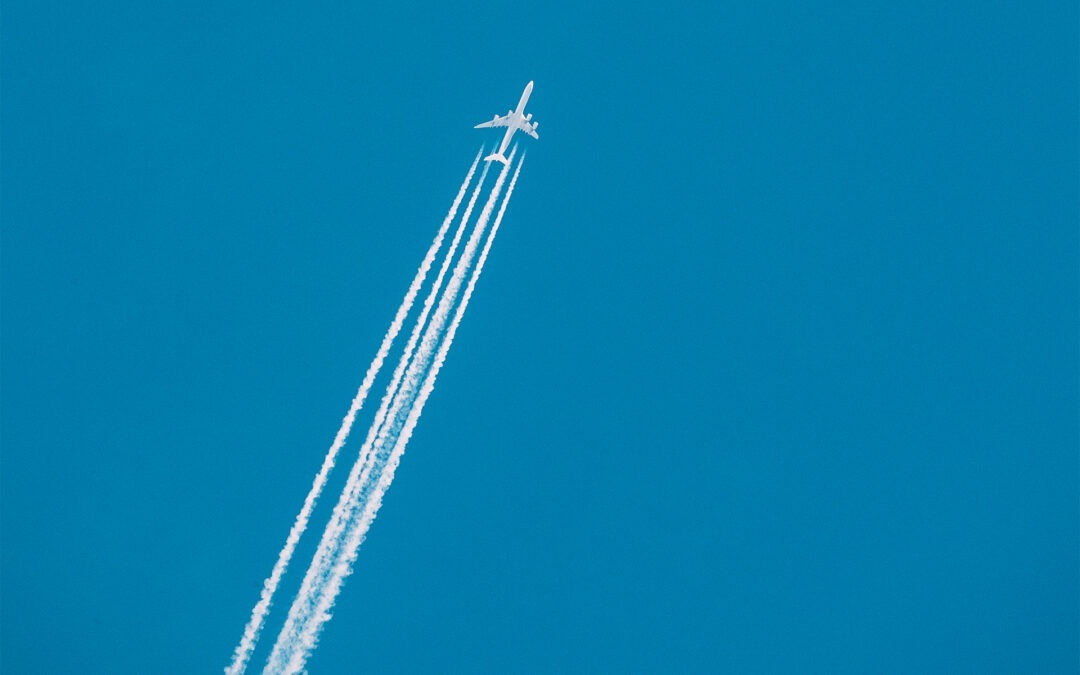The General Meeting of the Union des Aéroports Français (UAF) highlighted the many challenges facing air transport in France, in contrast to the dynamic growth seen worldwide.
Air traffic, for example, continues to decline. With 103 million passengers in 2023, it has still not returned to its 2019 level, when 108 million passengers were recorded. At the same time, tax pressure continues to intensify, with an 11% increase in taxes over the last ten years. The new increases threaten to eliminate 11,500 jobs and put the brakes on the investment that is essential if airports are to decarbonise.
Given these observations, the participants unanimously called for urgent reforms. Priorities included a tax system that would be reinvested in decarbonisation and innovation projects, as well as regulatory stability, which is essential to attract private investors. In addition, a strategy integrated into the European framework, capable of reconciling ecological transition and economic competitiveness, was deemed essential.
Concrete proposals have been put forward to meet these challenges. These include developing intermodal infrastructures to better connect airports to urban centres, investing in renewable energies and sustainable fuels, and promoting innovation, which is essential to maintain the sector’s performance while reducing its environmental impact.
In his speech, Thomas Juin, re-elected President of the UAF, stressed:
“We need a pragmatic roadmap for air transport that takes into account the added value it brings to the country, international realities, competitiveness issues and the resources needed to meet the challenges ahead.
UAF concluded its meeting with a call for collective action to safeguard the future of air transport in France.

